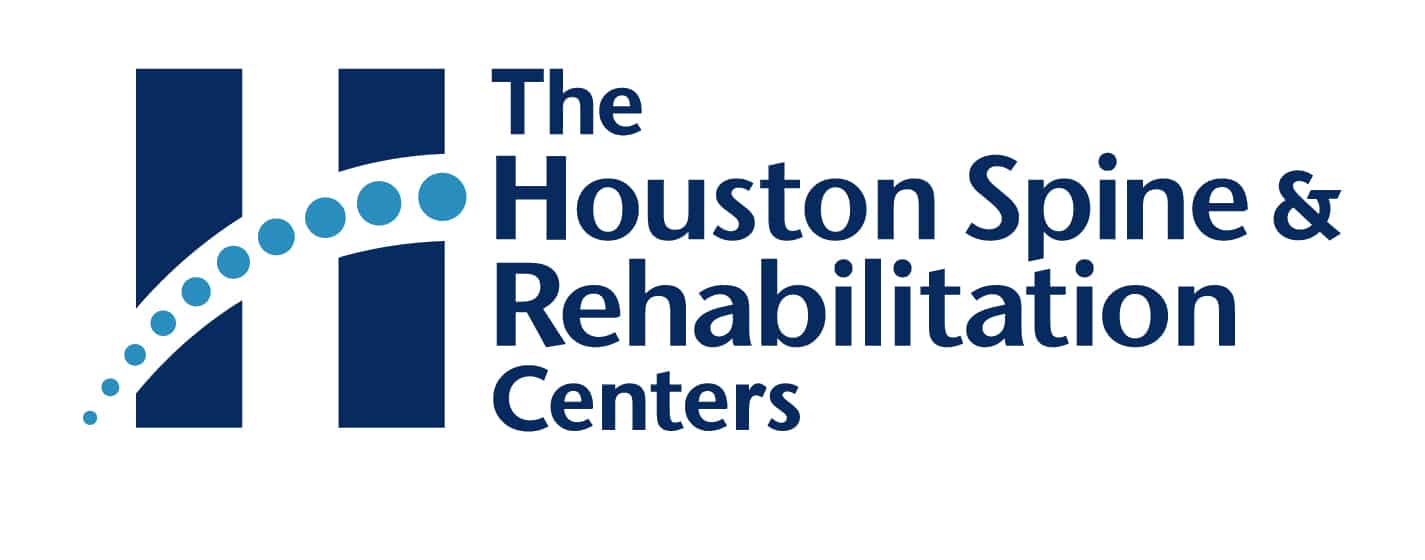Good nutrition is the foundation of overall health, influencing everything from our energy levels to our physical structure. Yet, one crucial aspect often missed in the conversation about a balanced diet is its role in spinal health. In this article, we'll unravel the symbiotic relationship between your diet and the health of your spine. Whether you're navigating the challenges of chronic back pain, looking to prevent future spine issues, or merely aiming to improve your overall well-being, understanding the connection between the foods you consume and the strength and flexibility of your back is key. Join us as we explore the powerful impact of nutrition on spinal health, backed by scientific research and expert advice, to guide you towards making informed dietary choices that contribute to a stronger, healthier back.
Understanding Spine Health
The spine consists of a series of interconnected bones, discs, nerves, and muscles. Conditions such as osteoporosis, arthritis, and inflammation can significantly affect its health, leading to pain and decreased mobility. Nutrition plays an important role in preventing these conditions and supporting the body's natural healing processes.
The Link Between Nutrition and Spine Health
Nutrients like calcium, magnesium, vitamin D3, vitamin K2, and proteins are the building blocks for bone density, muscle strength, and tissue repair—all of which are needed for maintaining a healthy spine. Conversely, a diet lacking in these essential nutrients can lead to bone loss, inflammation, and weakened muscles, increasing the risk of spinal injuries and conditions.
Essential Nutrients for Spine Health:
- Calcium and Vitamin D3: Vital for bone health and density.
- Magnesium and Vitamin K2: Aid in the absorption of calcium and its proper distribution to the bone.
- Vitamin C: Important for collagen formation, which helps maintain discs and ligaments.
- Proteins: Provide the amino acids necessary for muscle and tissue repair.
- Collagen and Glucosamine: Support joint health and flexibility.
- Vitamin B12 and Iron: Needed for nerve health and energy production.
Spine-Friendly Foods to Include in Your Diet
Incorporating a variety of foods rich in these nutrients can significantly impact your spine health. Some spine-friendly foods include:
- Leafy greens (rich in calcium, magnesium, and vitamin K2)
- Fatty fish and fortified foods (sources of vitamin D3)
- Citrus fruits (high in vitamin C)
- Lean meats, beans, and legumes (packed with proteins and iron)
- Bone broth and gelatin (excellent sources of collagen)
Foods to Avoid or Limit
Just as some foods can promote spine health, others may contribute to inflammation and degeneration. Processed foods, sugary snacks, and high-fat dairy products can exacerbate inflammation, while excessive caffeine and alcohol consumption can impair calcium absorption. Reducing these from your diet can help maintain a healthy spine.
Sample Spine-Healthy Meal Plans
Creating a meal plan that supports spine health is crucial for incorporating the essential nutrients mentioned above into your diet. With an emphasis on balance and variety, a spine-healthy meal plan can help you manage or prevent back pain, improve bone density, and enhance overall back function. Below, we’ll provide a sample meal plan designed to nourish your spine, featuring meals that are not only nutritious but also delicious and easy to prepare. Whether you're at home or on the go, these meal suggestions are designed to fit into a busy lifestyle while promoting spinal health.
Meal Plan 1:
- Breakfast: Spinach and feta omelet (spinach for vitamin K2, feta for calcium) with a side of whole-grain toast (for iron).
- Snack: Greek yogurt or cottage cheese (sources of proteins and calcium).
- Lunch: Smoked turkey with steamed broccoli (rich in calcium and magnesium) and quinoa salad (for proteins).
- Snack: Apple slices with almond butter (provides healthy fats, iron, and magnesium).
- Dinner: Grilled chicken breast served with a side of roasted Brussels sprouts and sweet potatoes.
Meal Plan 2:
- Breakfast: Scrambled eggs with spinach and whole-grain toast.
- Lunch: Grilled salmon salad with mixed greens, avocado, and citrus vinaigrette.
- Snack: Greek yogurt with berries and a handful of almonds.
- Dinner: Chicken stir-fry with a variety of vegetables over quinoa.
Meal Plan 3:
- Breakfast: Smoothie with kale, banana, protein powder, and almond milk.
- Lunch: Quinoa salad with black beans, tomatoes, corn, and avocado, dressed with lime juice.
- Snack: Sliced apple with almond butter.
- Dinner: Baked tofu with broccoli and sweet potato, seasoned with turmeric and black pepper.
Common Questions and Myths about Nutrition and Spine Health
In this section, we'll debunk some of the common myths surrounding nutrition and spine health. Additionally, we'll answer frequently asked questions to provide clarity and guidance on forming dietary habits that support a healthy back. Armed with accurate information, you can make informed decisions about your diet and its impact on spine health.
Q: Can diet alone cure back pain?
A: While diet plays a pivotal role in spine health, it should be part of a comprehensive approach including exercise, posture correction, and medical treatment when necessary.
Q: Are supplements necessary for a healthy spine?
A: Supplements can help fill nutritional gaps, but they should not replace a balanced diet. Always consult with a healthcare provider before starting any supplement regimen.
Q: Is it possible to reverse spinal damage through nutrition?
A: Nutrition can support the body's healing processes and reduce inflammation, potentially alleviating some symptoms associated with spinal damage. However, significant spinal damage often requires medical intervention beyond dietary changes.
Q: Does consuming high amounts of calcium guarantee strong bones and a healthy spine?
A: While calcium is fundamental for bone health, its benefits are maximized when taken in balance with other nutrients like magnesium and vitamins D3 and K2, which help with its absorption and use in the body. Simply consuming high amounts of calcium without these other nutrients may not guarantee stronger bones or a healthier spine.
Q: Can a vegan diet provide all the necessary nutrients for spine health?
A: A well-planned vegan diet can provide the necessary nutrients for spine health, including calcium, protein, and vitamins D3 and B12, though it may require more effort to source certain nutrients and possibly supplementation, particularly for vitamin D3 and B12, which are primarily found in animal products.
Jumpstart Your Spinal Health Today with Better Nutrition
The connection between diet and spinal wellness is undeniable. By incorporating spine-friendly foods into your daily meals, you can support your spine health and reduce the risk of chronic pain and other spinal conditions. Start with small dietary changes and gradually adopt a nutrition plan that benefits your spine.
For personalized care and more information on how nutrition affects spine health, visit The Houston Spine & Rehabilitation Centers or contact us at +12817710282. Our offices in Woodlands, TX, and Houston, TX, are equipped to support you on your journey to a healthier spine.
Remember, a healthy spine is the backbone of a vibrant life. Start nourishing yours today.


